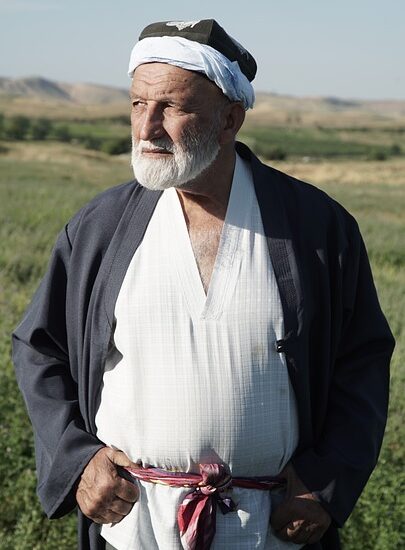
The Impact of Muhammad Salih Mustafa on Contemporary Thinking
The Impact of Muhammad Salih Mustafa on Contemporary Thinking
Muhammad Salih Mustafa, a prominent thinker and philosopher, has had a significant impact on contemporary thinking. His ideas and insights have shaped the way many people view the world and have influenced various fields of study. From politics to religion to social issues, Mustafa’s work has been instrumental in helping people think critically about the world around them.
Early Life and Education
Mustafa was born in Cairo, Egypt in 1950. He grew up in a middle-class family and showed an early interest in philosophy and politics. He studied at the prestigious University of Cairo, where he earned a degree in philosophy. After completing his undergraduate studies, Mustafa went on to pursue a Master’s degree in political science at the same university. His education provided him with a strong foundation in both philosophy and political theory, which would later shape his approach to contemporary thinking.
Philosophical Influences
Mustafa’s work is heavily influenced by Western philosophers such as Immanuel Kant, Friedrich Nietzsche, and Michel Foucault. He draws on their ideas and combines them with his own unique perspective to create a philosophical framework that challenges traditional ways of thinking. Mustafa’s philosophy is characterized by its emphasis on individual freedom, social justice, and the power of critical thinking. He believes that people should question authority and think for themselves in order to create a more just and equitable society.
Political Theory
In addition to his philosophical work, Mustafa has also made significant contributions to political theory. He is a strong advocate for democracy and human rights, and he has written extensively on the importance of political participation and social equality. Mustafa believes that in order for a society to be truly democratic, it must provide equal opportunities for all its citizens and protect their fundamental rights. He has been critical of authoritarian regimes and has called for greater transparency and accountability in government.
Religious Thought
Mustafa’s ideas about religion have also had a profound impact on contemporary thinking. He believes that religion should be a personal and private matter, and that individuals should be free to practice their faith in a way that is meaningful to them. Mustafa is critical of religious fundamentalism and extremism, and he argues that societies should be inclusive and tolerant of different belief systems. He has called for a more nuanced and thoughtful approach to religion that recognizes its complexity and diversity.
Social Issues
Mustafa has also contributed to the discussion of social issues such as poverty, inequality, and discrimination. He believes that these problems are interconnected and that they cannot be addressed in isolation. Mustafa has called for greater economic and social justice, and he has advocated for policies that promote equality and opportunity for all. He is a vocal critic of social hierarchies and power structures that perpetuate injustice, and he has called for a more equitable distribution of resources and opportunities.
Legacy
Muhammad Salih Mustafa’s impact on contemporary thinking is undeniable. His ideas and insights have helped shape the way many people view the world and have influenced various fields of study. From philosophy to politics to social issues, Mustafa’s work has been instrumental in helping people think critically and analytically about the world around them. His emphasis on individual freedom, social justice, and the power of critical thinking continues to resonate with people around the world, and his legacy will continue to inspire future generations of thinkers and philosophers.
You may also like
Archives
Calendar
| M | T | W | T | F | S | S |
|---|---|---|---|---|---|---|
| 1 | 2 | 3 | 4 | 5 | 6 | 7 |
| 8 | 9 | 10 | 11 | 12 | 13 | 14 |
| 15 | 16 | 17 | 18 | 19 | 20 | 21 |
| 22 | 23 | 24 | 25 | 26 | 27 | 28 |
| 29 | 30 | |||||
Leave a Reply